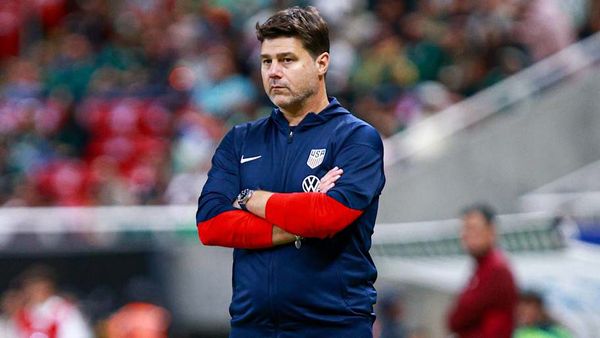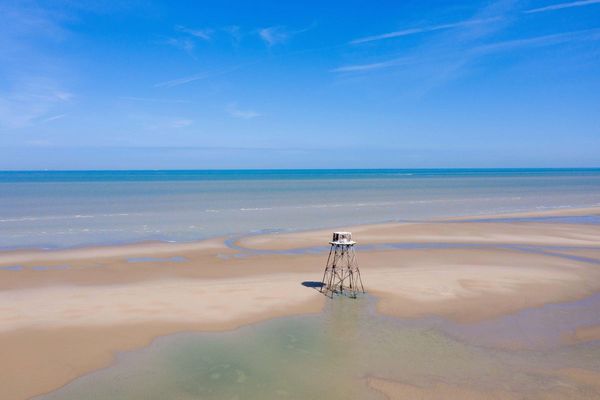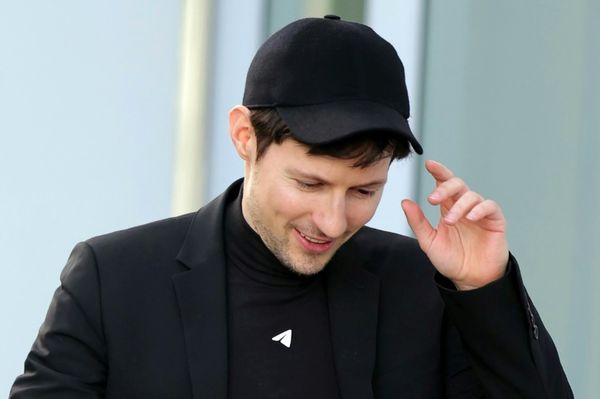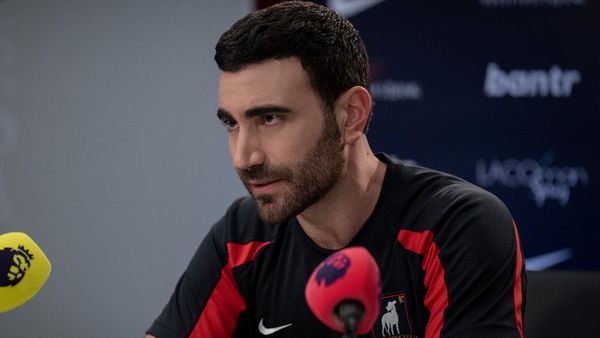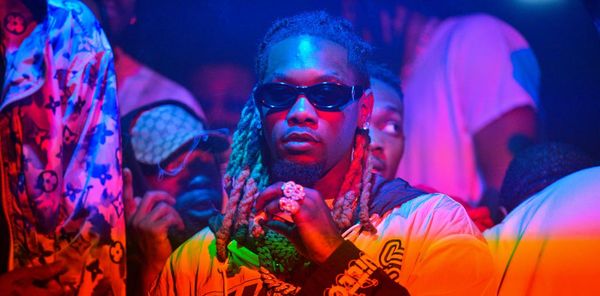
At the heart of the Israel Folau case are issues of expression and consequence. In particular, Folau’s right to express his religious beliefs about homosexuality on his personal social media channels, and to retain those expressions after his employer Rugby Australia — by its own volition and under pressure from corporate sponsors — made clear they violated its code of conduct.
Folau and his supporters see freedom of speech as the central concern, but the case is more nuanced than that.
The Folau controversy calls on a different idea of religious freedom than what prevailed in days gone by. What used to be understood as a negative right — to be left alone to practise one’s faith and not suffer employment discrimination on the basis of it — is today a more proactive freedom to spread the word of one’s religion.
This is gestured at by Folau’s supporters, even where doing so falls afoul of secular prohibitions on unlawful discrimination, or runs counter to directives from one’s employer without negative consequences, such as being sacked.
In regards to the latter pursuit, Folau is not alone. In 2019, public servant Michaela Banerji lost her bid before the High Court of Australia for the right to tweet views contrary to the public policy of her department, even on her own time and under a pseudonym.
Reversing an Administrative Appeals Tribunal decision that found her sacking was unlawful and at odds with the implied right to freedom of political communication in the Australian constitution, the High Court found that restrictions on public servant free speech were consistent with the constitution’s role in maintaining an apolitical public service.
After the verdict, Banerji’s lawyer claimed the decision would pave the way for private-sector employers to limit the free speech of their workers, something that George Haros, Folau’s lawyer in his case against Rugby Australia, believed was already the case.
According to the recent ABC documentary on the controversy, Folau: “If you are an employee and make a comment on social media or some other forum that negatively impacts the brand of your employer, then there is a lot of law to say that is the basis for termination.”
For the LGBTQIA+ community, the importance of expression is not in dispute. Indeed, one aim of the Pride rounds and codes of conduct adopted by Australian sporting institutions is to reject and inhibit racist, sexist and homophobic slurs on the field, in the locker rooms and coming from the stands — something that a Monash study shows has been partially achieved.
Against older ideas about “sticks and stones” and the need for mutual tolerance, the queer community sees homophobic slurs as “hate speech” incompatible with the contemporary ideal of “inclusion”. Thus, in line with anti-vilification laws and evidence suggesting prolonged exposure to such speech risks individual and societal harms, it supports sanctions designed to get such speech to stop.
This includes being fired, as happened to Folau. As Dan Palmer — in 2020 the first elite rugby player to come out as gay — argues in the ABC documentary: “Israel was free and still is free to say whatever he likes. He didn’t lose any fundamental rights for doing so. He lost his job, as any of us could if we break contractual obligations or contradict the value of our employer.”
But how comfortable should Australians be with this level of employer control over what we say on our own channels in our own time? And how should we think about changes to the ideal worlds each side is pursuing, if it reduces the possibility of detente between them based on mutual tolerance and respect?
This is the problem with the Folau affair: it’s not over. Because in 2023, almost four years after the settlement between Rugby Australia and Folau, we’re no closer to understanding what drove the intensity of the battle, nor to knowing how we can engage the patience, humility and forbearance that characterise a confidently plural society to develop solutions that allow us to move forward.
Queer actor Magda Szubanski is right. The only way back to the confident pluralist society that once described Australia is through rekindling respectful relationships with one another regardless of difference, and turning down the temperature.
“We can each build the other side up as demons … We need to lay down those arguments and attitudes and cultivate that space that is less inflammatory, less antagonist and that might bring forth new ideas,” she said.
I’m ready for some new ideas. Are you?
